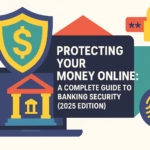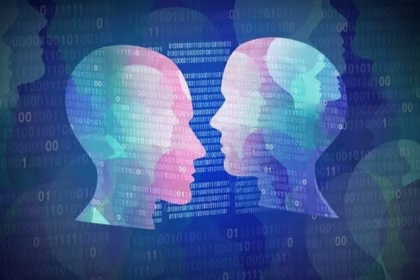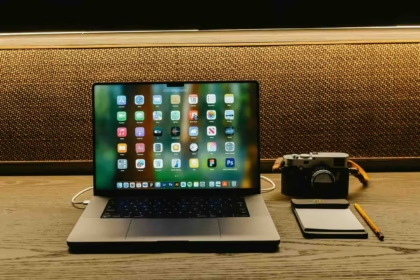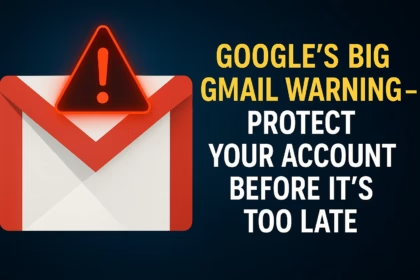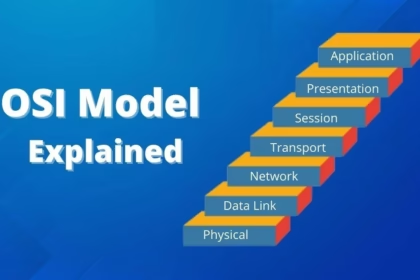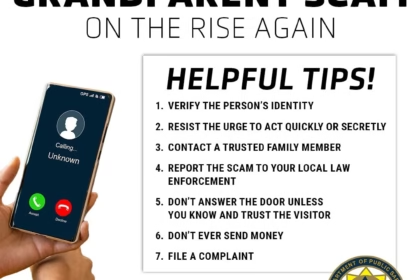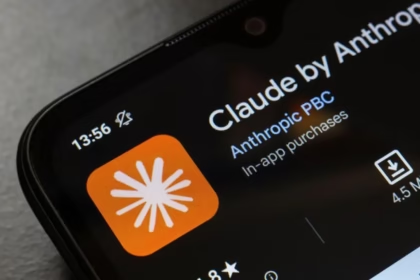You probably think the most expensive things in your life are your phone, your rent, or that last-minute flight you booked. But the truth is, the most valuable thing you own isn’t a physical object. It’s you — your thoughts, emotions, search history, location, and habits.
Every time you open an app, scroll through a feed, or click a link, you generate data — deeply personal, intimate data — that is collected, analyzed, and sold. Not just once, but repeatedly, in invisible digital marketplaces. The most precious thing you give away free of charge? Your privacy.
And most often, you don’t even realize it.
Privacy: A Right, Not a Feature
Privacy isn’t about hiding who you are. It’s about control — the ability to choose what you keep private and what you share. But that choice is disappearing. Not through big dramatic hacks alone, but a thousand small decisions made mostly without your full awareness.
Before you finished reading this, your device logged your location. Your browser saved your clicks. Your apps sent signals to advertising networks — all without alarm bells or clear consent.
Yet the system says you agreed.
Every “Accept All Cookies,” every “Allow While Using App,” every quiz you share online aren’t harmless. They’re contracts. You didn’t just give away data; you handed over pieces of your identity, relationships, routines, and fears.
One person shared how posting online once made them feel seen and powerful — a digital presence giving life meaning. But when that same presence was weaponized against them, the platform transformed from a safe haven into a tool of harm.
The Data Machine: How Your Life Is Being Auctioned
Behind every app and website lies a vast, invisible economy where you are the product.
When you load a page, your data enters a system called real-time bidding (RTB). In milliseconds, hundreds of companies bid to show you targeted ads — based not only on age or interests but on your precise location, browsing history, and even your emotional state.
In Europe alone during 2021, user data was broadcast through RTB hundreds of billions of times daily. Your private life isn’t just for sale — it’s sold over and over, across thousands of intermediaries, with no clear oversight or meaningful opt-out.
Privacy policies — often longer than Hamlet — are written in dense legal language designed to confuse, ensuring most people simply click “agree” without understanding what that means. The system isn’t broken; it’s working exactly as intended to make privacy feel impossible and inconvenient.
The Myth of “We Don’t Sell Your Data”
Tech companies often claim, “We don’t sell your data.”
That’s a sleight of hand.
While raw data might stay on a company’s servers, information about you — your behavior, your location, your desires — is shared with countless third parties through ad networks, data brokers, and analytics tools.
For example, a popular Muslim prayer app was found sharing users’ GPS locations, including visits to mosques, with third-party trackers. Religious affiliation, daily routines, family gatherings — all turned into data points potentially accessible to governments, advertisers, or hostile actors.
And when asked about privacy, even the most powerful tech CEOs hesitate to share their own details. If their privacy is so important, why is ours so disposable?
When Your Data Becomes a Weapon
Privacy isn’t just a concept — it can be a matter of safety.
One woman’s ex hacked her iCloud, accessed contacts, and created fake WhatsApp accounts to spread lies and threats. Her photos, messages, and location data were used to stalk, isolate, and silence her. Despite evidence, police closed her case claiming insufficient proof.
Online harassment destroys lives but is often dismissed.
Data brokers have also sold location data revealing visits to abortion clinics — exposing private choices that, in hostile environments, can become matters of life and death.
Your phone, meant to connect and protect you, can turn into a witness and weapon against you.
Facial Recognition: Your Face in Their Database
Every photo you’ve ever posted — graduation, birthday, quiet moments — might be scraped into facial recognition databases.
A U.S. company allegedly collected over 30 billion images from social media to build this system. Law enforcement and private firms use it to identify people without their consent.
The technology isn’t just invasive — it’s flawed. Studies show it performs worse on women and people with darker skin tones, causing wrongful arrests and harm, especially among marginalized groups.
This isn’t progress. It’s surveillance capitalism with no conscience.
The Lie of “Just Don’t Share”
Many say: “If you don’t want to be tracked, don’t use those apps. Use a VPN. Say no.”
But the reality is harsher.
You can’t realistically opt out of Google, Facebook, or TikTok without losing how we communicate, work, date, and organize. These platforms are infrastructure. Saying “no” often means being left out.
The system blames you — as if your lack of privacy is your fault. But reading privacy policies isn’t practical. Understanding the full scope is impossible. This isn’t consent; it’s coercion disguised as convenience.
The True Cost of Constant Surveillance
Being watched changes you.
You self-censor. You avoid sensitive topics. You hesitate before posting or searching.
One individual said they now only share “light-hearted” topics online — afraid to reveal their identity as a Muslim, Indian, American woman.
The cost of surveillance isn’t just data theft — it’s self-suppression.
Privacy means context — the freedom to be many things to different people. Without it, we don’t lose just data. We lose control over who we can become.
The Way Forward
The fight for privacy isn’t only about settings or choices. It’s about changing the system.
We need laws that are enforced. Technology designed with privacy as a foundation, not an afterthought. Business models that don’t profit from exploitation.
This is about power — who holds it, who controls it, and who pays the cost when it’s abused.
We may never get back what’s gone. But we can decide what happens next.
Will we accept a world where every move is tracked and every moment monetized?
Or will we demand the right to exist quietly, safely, and freely?
Your privacy isn’t just up for sale.
It’s already been sold.
The real question is:
What will you do about it — today?





